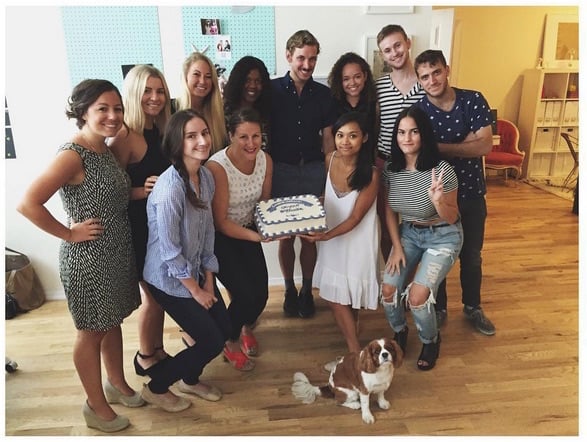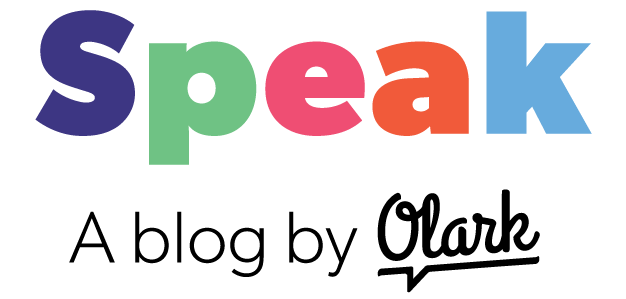Onboarding new employees starts with hiring the right people. As part of our continuing series, October is for Onboarding (#October4Onboarding), Kara Silverman of acast tells us how her team uncovers talent that best fits their culture.
The biggest issue facing small companies and startups isn't funding or technology or office space...it's hiring.

The most precious resource for a small business is its employees, and to continue to grow you will ultimately need more employees. BUT, when hiring those additional employees, it's vital to ask the right questions of each candidate to be sure they're a good fit for your culture, regardless of whether your team is under one roof or you're a unified remote team like Olark.
In my previous role at Small Girls PR, I thought a lot about this and how not to suck at hiring. Where do we find candidates? What kind of candidates make the best employees? How do we assess whether or not a candidate will be successful in our culture? Should we hire someone who isn’t a culture fit but is wildly productive/successful? How do we measure immeasurable skills?
By asking questions like this (and pretty much a million more), we’ve learned a lot.
So, here are four really important things we now know about hiring:
- Hire slow at first. Yes, I know you need that person on your team ASAP. I know you are losing money by not having someone and there is a gap on your team. However, if you hire quickly just to get a butt in the seat and it’s the wrong fit that will be a very expen$ive mi$take. Generally speaking, replacing an employee costs 20% of their salary. If the person you hired was making $100K that’s $20K off the bat. Also, having the wrong candidate can mean sloppy work and slow progress and that will set you back even further by forcing you or your team to redo the work or take on more responsibilities. It’s a domino effect.
- Junior hires can grow into super fab senior leaders. When hiring for senior leadership roles there are many different strategies you can take. One that we have found to be helpful is hiring a little more junior and training them to grow into powerful senior leaders. If we only looked at people already 100% qualified for a role, the pool of candidates would be very small. By expanding to include junior folks who can grow into the role in 6 months or a year, we give ourselves more options.
- A great recruiter is worth their weight in gold. As a small team, we don’t have anyone 100% dedicated to hiring or HR. It’s a big part of my job, but I’ll take help anywhere I can get it and sometimes that comes in the form of recruiters. Our recruiters are invaluable resources. They vet candidates and help us source amazing talent from places we’d never think to look. They also help us stay on top of what is happening the market with salaries, benefits, and titles. Working with recruiters gives us a great competitive edge and serious self-awareness.
- It takes a village. One person cannot make all your hiring decisions, nor should they. To hire well, it takes a lot of different people; the hiring manager, the keeper of company culture, the team who will be working directly with the person, HR, etc. Our most successful hires have involved many different people at multiple stages along the way. Each person brings a different perspective and has a different interaction with the candidate.
 The village...er...team at Small Girls PR!
The village...er...team at Small Girls PR!
The art of great hiring is an ongoing effort. It is something that even companies like Google are still working to refine. You’ve got to evolve your practices as you grow and learn what does and doesn’t work for your company.

